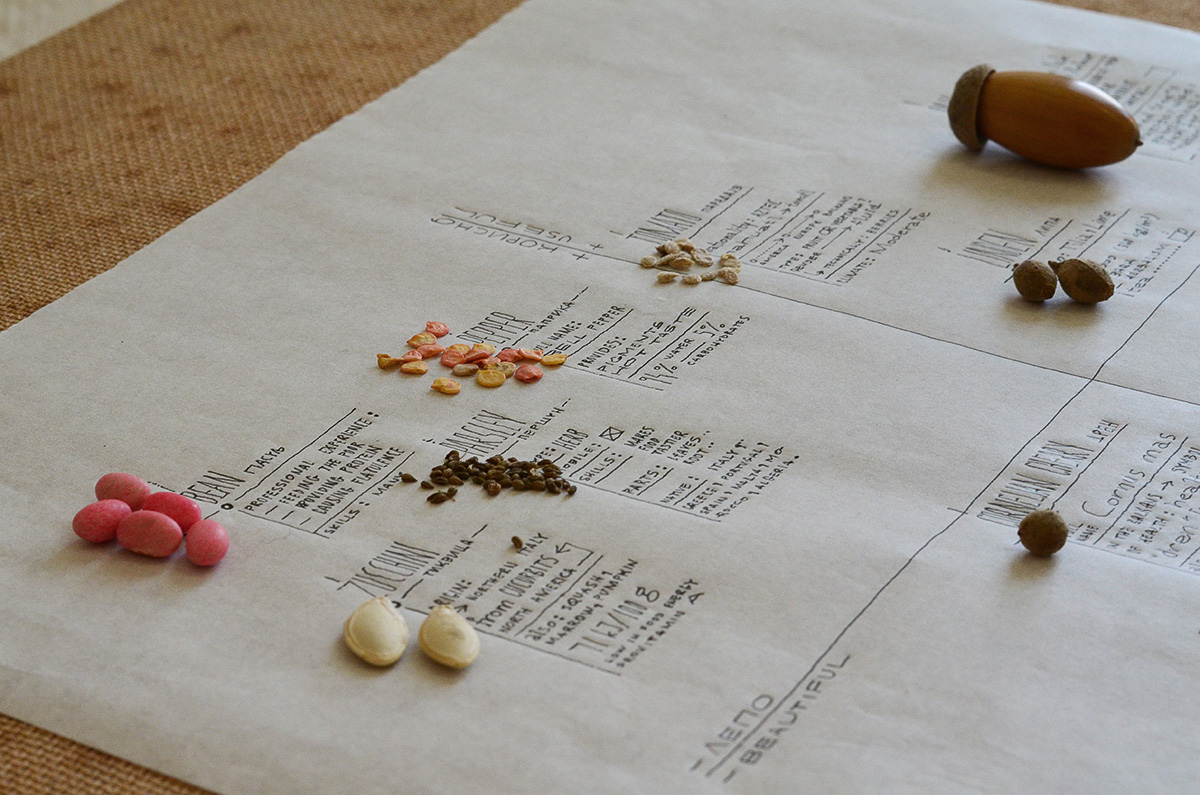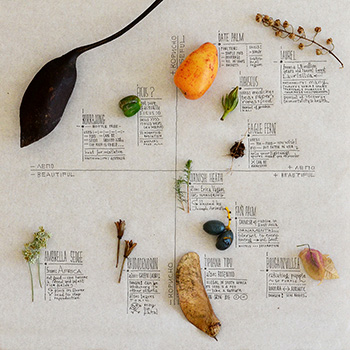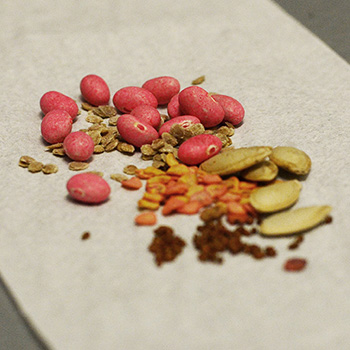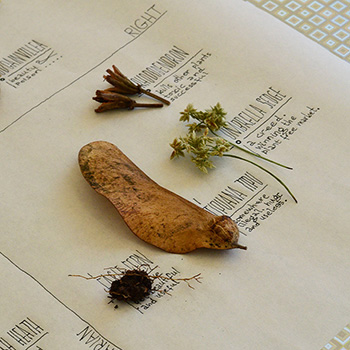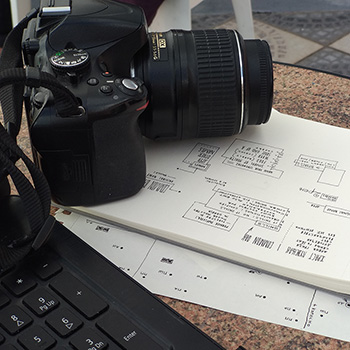The project was created a month after EU initiated new European plant passports and – incidentally – a month before the global COVID-19 pandemic. In a strange way, the project anticipated the problem of transporting genes over national borders.
We started by doing research on plant migrations and regulations, what does it mean to transport seeds over an EU border. Even though plants are not humans or animals, they do carry biological information and are subject to border scrutiny. We found that plant biopolitics is strangely similar to human biopolitics.
We transported seeds or seedlings of 12 non-invasive plants from Belgrade to Funchal, from a non-EU country in Europe (Serbia) to an EU country in Africa (Portugal). With no plant passports or other documents prepared, seeds were effectually smuggled. Plant species were selected for their cultural, agricultural, and geographical significance (the common oak, the common bean, linden, ginkgo, pepper, grape ivy, etc). We've planted these seeds on several locations on the island. Then we created a collection of 12 Madeiran seeds and seedlings (kurrajong, ficus, eagle fern, Cornish heath, fan palm, bougainvillea, Tipuana tipu, etc), brought it back to Belgrade, and planted it in flowerpots. Most of these Madeiran plants weren't actually native to the island, but brought in recent history, often as decor for hotels and mansions.
We documented this processes by drawing and writing diagrams. We created elaborated taxonomies and data classification systems in regard to whether a plant is beautiful and useful. Following an Internet meme, we also imagined where a plant would sit on a political compass if it were a human migrant.
We presented these visual materials during our Artist Talk at the MultiMadeira Centre in Funchal.
By combining the micro-context of personal herbariums, plant collections, naturalist hand-drawn charts, notes, and diaries, with the macro-context of global migrations, border regulations, and economic and climate systems, we wish to reclaim and reintegrate the personal, the subjective and the micro-intimate into thinking about global processes. ■
